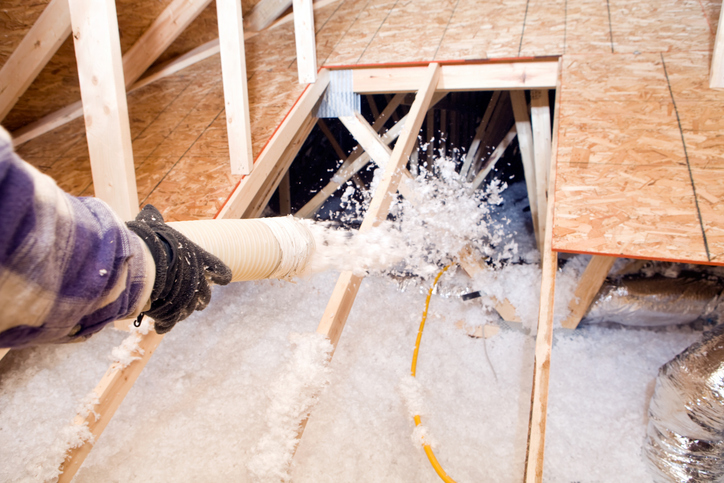Mould growth in your attic isn’t just an isolated problem — it can have serious consequences for the entire home. If you’ve noticed mould in your attic, a common question is: Does attic mould spread into the house? The short answer is yes, it can. Mould spores are microscopic and travel easily through the air, potentially affecting your living spaces, indoor air quality, and your family’s health.
How Mould in the Attic Spreads
Attics can be a prime breeding ground for mould due to moisture buildup caused by leaks, poor ventilation, or condensation. When mould grows in the attic, the spores can move through gaps, cracks, or poorly sealed areas, entering your home’s interior. This is especially concerning in homes without proper insulation or where insulation is damaged or missing.
Once inside your living space, mould can cause allergic reactions, respiratory issues, and other health problems, especially for those with asthma or weakened immune systems. It can also damage walls, ceilings, and furniture.
Why Proper Insulation Matters
One of the best ways to prevent attic mould from spreading is through proper insulation — specifically, blown-in attic insulation. This type of insulation fills gaps and voids in the attic more completely than traditional batt insulation, creating an effective barrier against air leaks that carry mould spores into your home.
Blown-in attic insulation also helps regulate temperature and moisture levels in the attic. Reducing condensation and keeping your attic dry creates an environment where mould is less likely to grow or spread.
Benefits of Blown-In Attic Insulation by Ainger Insulation
At Ainger Insulation, we specialize in professional blown-in attic insulation services designed to protect your home from mould and improve energy efficiency. Here’s how our insulation can help:
- Seals cracks and gaps: Prevents air and mould spores from entering your living spaces.
- Improves moisture control: Keeps your attic dry and mould-free.
- Enhances energy efficiency: Reduces heating and cooling costs by maintaining stable temperatures.
- Long-lasting protection: Our materials are resistant to settling, ensuring ongoing effectiveness.
What To Do If You Find Mould in Your Attic
If you discover mould in your attic, it’s important to act quickly:
- Identify and fix moisture sources: This might include roof leaks, plumbing issues, or poor ventilation.
- Remove damaged insulation: Mouldy insulation must be removed to prevent further contamination.
- Install new blown-in attic insulation: This helps seal your attic, improve airflow, and reduce mould risk.
- Call professionals: Trust Ainger Insulation for expert inspection and insulation services tailored to your home.
Your attic should be a barrier that protects your family — not a risk factor. With proper blown-in attic insulation from Ainger Insulation, you can reduce mould growth and keep your home safe and comfortable year-round.
Contact Ainger Insulation today for a free consultation and breathe easier knowing your home is protected.

